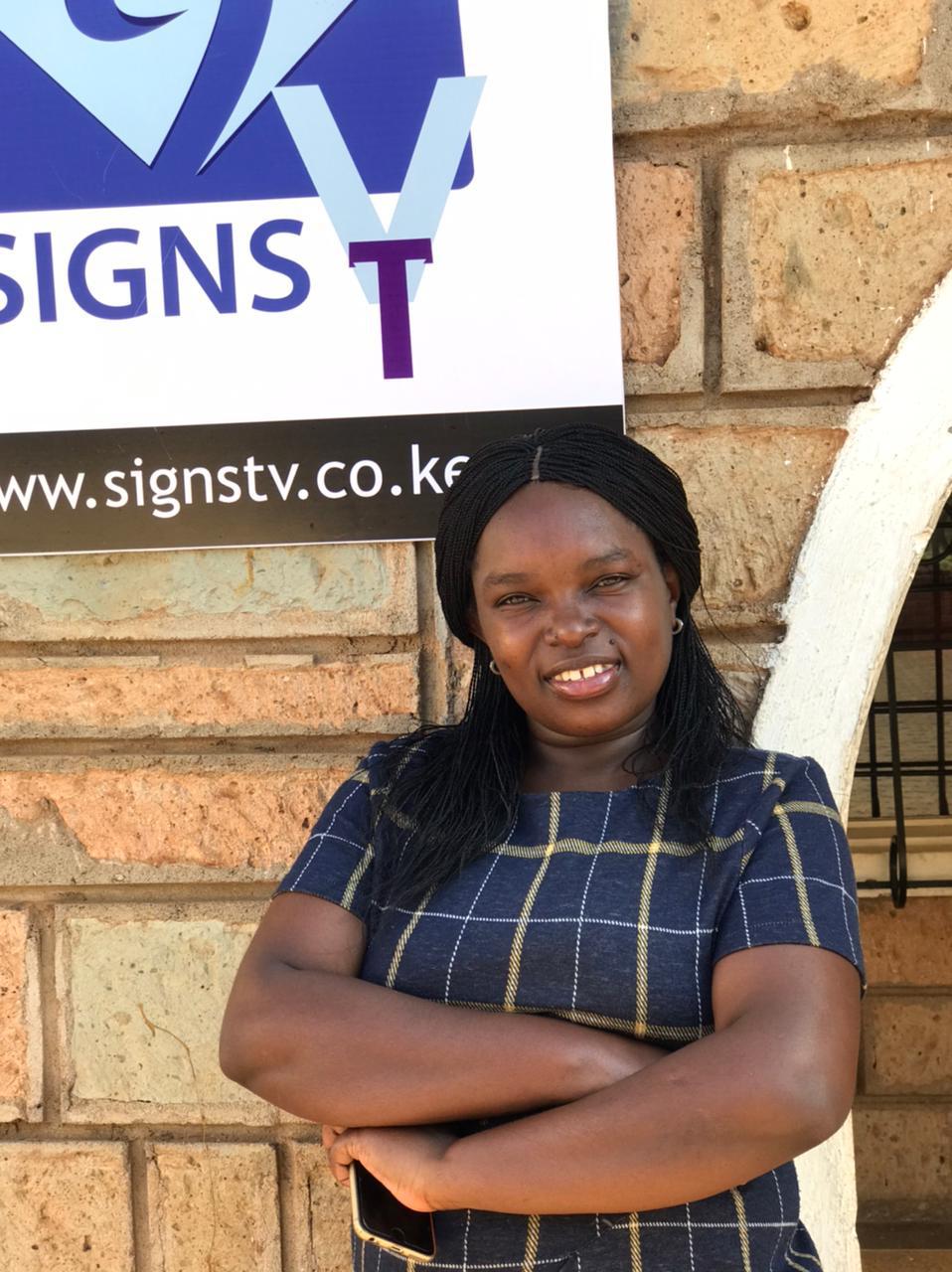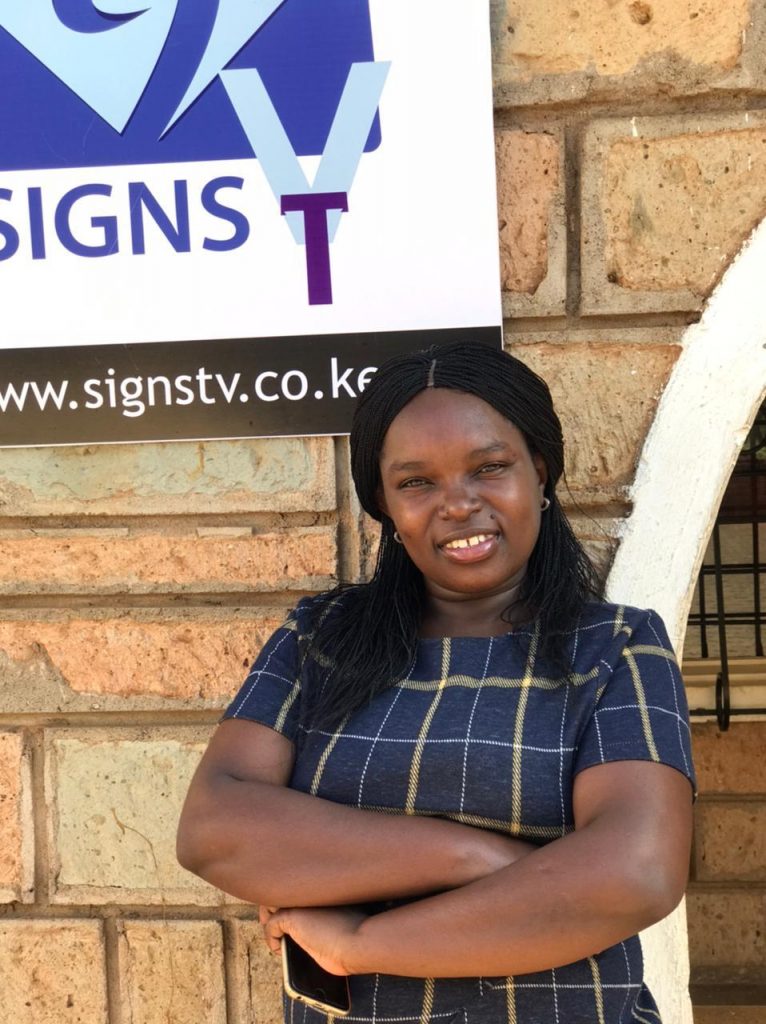
Christine Miloyo Ombima is a Kenyan Social Worker who is very passionate about mental health. She has her background in Environmental Studies and Community Development, and has worked with NGOs and government parastatals in her country. Christine has a lived experience of Bipolar 2 disorder, since 2015 which pushed her to advocate for the mental health rights. Christine runs a mental health organization called Stand Out 4 Mental Health, which has been in existence since August 2016. Through this organization, she creates awareness using dance, art and fashion. According to her, “we have a peer-to-peer mental health support group that helps those battling different mental health conditions to connect with others undergoing the same affliction”. Over time, she has been able to participate in mental health policies through the MentalHealth Alliance of Kenya. Christine creates content on mental health that she shares online and the responses have been overwhelming. The fact that she couldn’t get formal employment due to this condition has not deterred her from pursuing her dream of being a neuroscientist. Listen to her “Over time I have come to learn that sharing my story with the world is my greatest source of strength. A lot needs to be done in the area of mental health in Kenya and Africa in general”.
Christine in an exclusive interview with Green Savannah Diplomatic Cable reveals the ordeals of persons living with bipolar disorder in Kenya, arguing that those who have mental illness should be treated with dignity.
Excerpts:
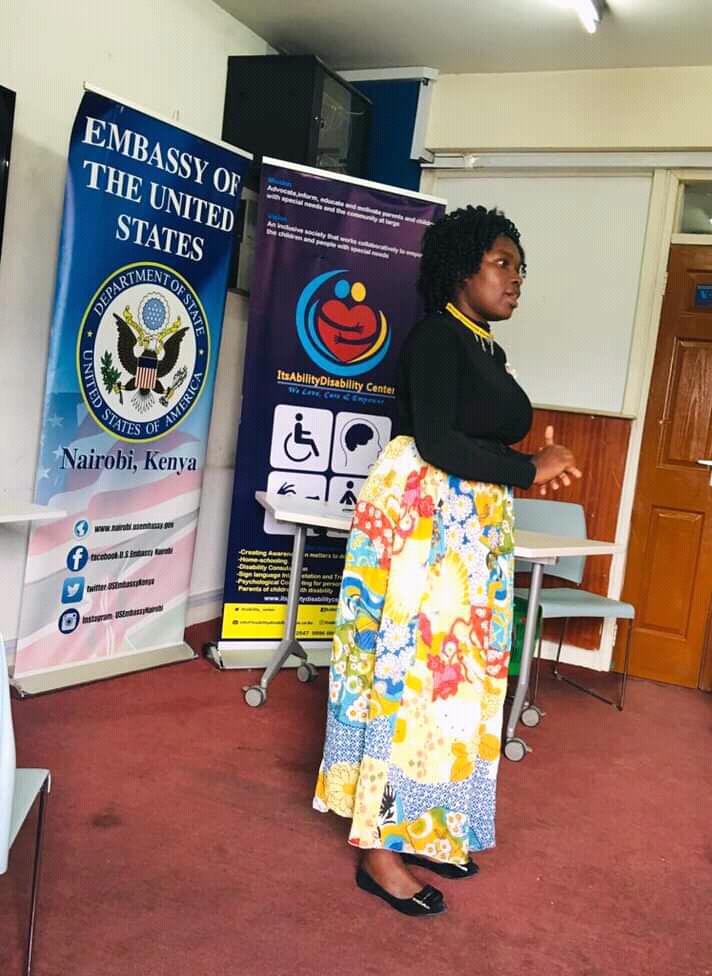
What prompted you to start advocating for mental health rights?
I began advocating for mental health rights in 2016. This was after a lot of soul searching and I realized that stigma and discrimination are what could hurt the most. It was a time i had just been denied a job opportunity by virtue of mental illness. I was bitter, but I decided that I would not let my condition define me. It was after that experience that I decided to take the first step by participating in advocating for the rights of mentally ill persons.
Would you want to describe the plight of people living with Bipolar II disorder in Kenya?
It is sad that people with mental illness, especially bipolar, are the most discriminated and stigmatized. People do not understand about this condition, you find them locked up and chained so that they do not cause trouble out there when manic. Most of them are dismissed when they air their views, because they are perceived as attention seekers. This has led to many fearing to disclose their condition. Another thing is that we are called mad men and women, which is not the case, making it impossible to interact freely in society. For medication, it is all about trial and error until they get the right combination. It is unfortunate that we are misunderstood, while bipolar persons are among the most creative and intelligent. Getting jobs is a tall order for us, as the National Council for Persons with Disability often gives priority to visible disabilities such as blindness and albinism. Therefore, fighting for our rights is very difficult. The suicidal ideations that we frequently have while manic have led to us being treated like criminals most of the time. Instead of getting help for us, we are often handcuffed and chained. Our medications are very expensive, leading many to self-medicate; using Marijuana and alcohol. Sadly, many families have neglected bipolar persons leaving them to live on the streets or with friends.
You run an NGO called Stand Out 4 Mental Health, what impact has it made in your country?
Stand Out 4 MentalHealth is a mental health advocacy project that we run here in Kenya. So far, we have reached over 200 individuals with mental health services. We engage in psychotherapy and pro bono counseling service. Through dance, art and fashion, we have simplified the message for many so that they can better understand the challenges facing those with mental illness. Furthermore, we have rescued over 20 persons who had suicidal tendencies. We do referrals to psychiatric services and offer professional psychosocial help. Through our social media handles, we are always available all the time to save lives.
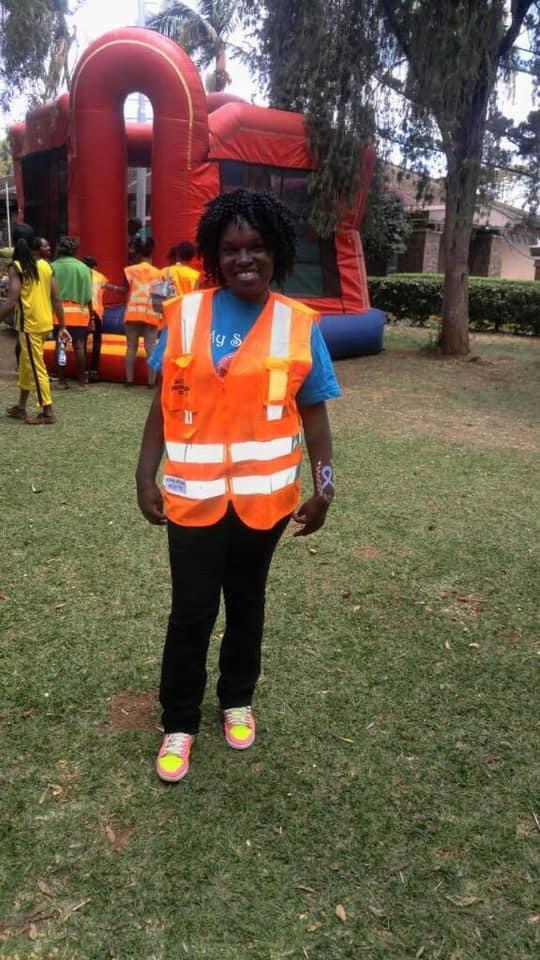
What are the challenges facing your NGO and in what areas do you need assistance?
Finance is a big challenge. Therefore, we are seeking possible collaborations with partners, donors, corporate organisations and public spirited individuals. The nature of work we do is recognized globally, however, in our country a lot needs to be done on mental health advocacy. We need more professional training and psychosocial support since our work can be quite draining. Finally, we need a dedicated team of volunteers to advance our mission and vision. Some of those we get are materialistic; they leave when they find that money is not forthcoming.
What should Kenyan government do to help people living with Bipolar disorder?
The Kenyan government should decrimainalize suicide. This is because persons with bipolar disorder having suicidal ideations often need help not to be arrested. Another thing is this, as bipolar persons, we have a lot of untapped potentials that need to be put in good use. So i would suggest that the government sets up rehabilitation centers specifically for bipolar disorder persons so that they can be taught coping skills. A mental health policy should be put in place to guide employment and the infringement of the rights of bipolar persons. They should make available psychiatric medications in all health facilities and also subsidize the price of our psychiatric drugs. Government should ensure that the insurance cover we get is able to cater for our monthly medications and therapies.
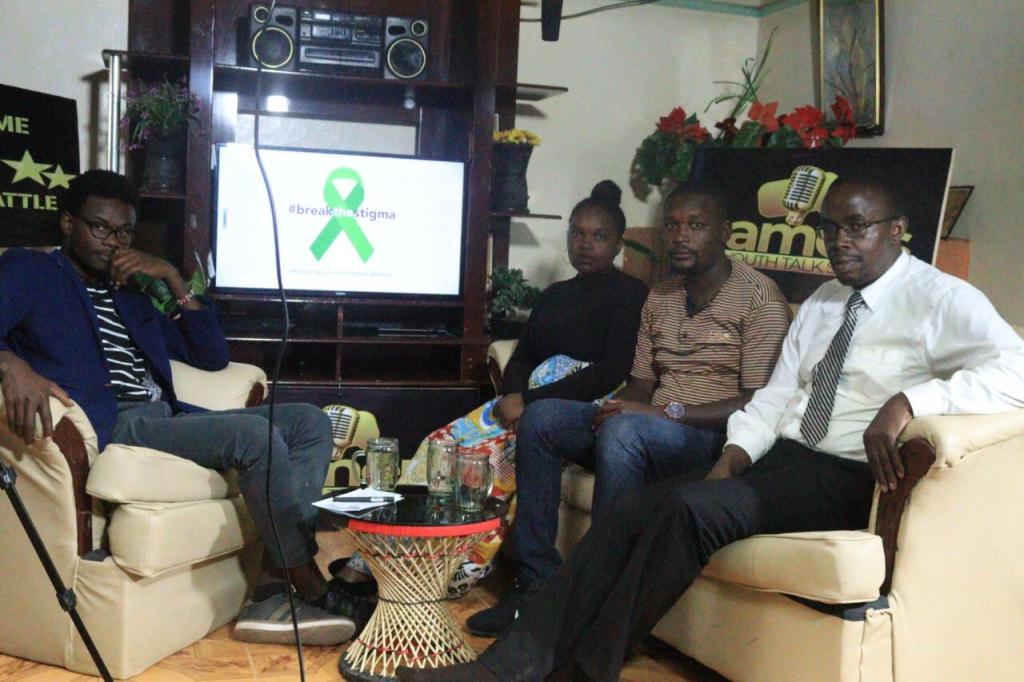
Speaking from experience, what should people living with Bipolar do to minimize the effects of this condition?
Take your medication religiously, always attend therapy sessions, avoid drugs and alcohol, know your triggers and be self-aware about how your body functions. In addition, take time to learn about how each drug functions and the side effects and do not ignore the signs. Always visit your doctor whenever you feel different, even when the medication is not taking you well.




